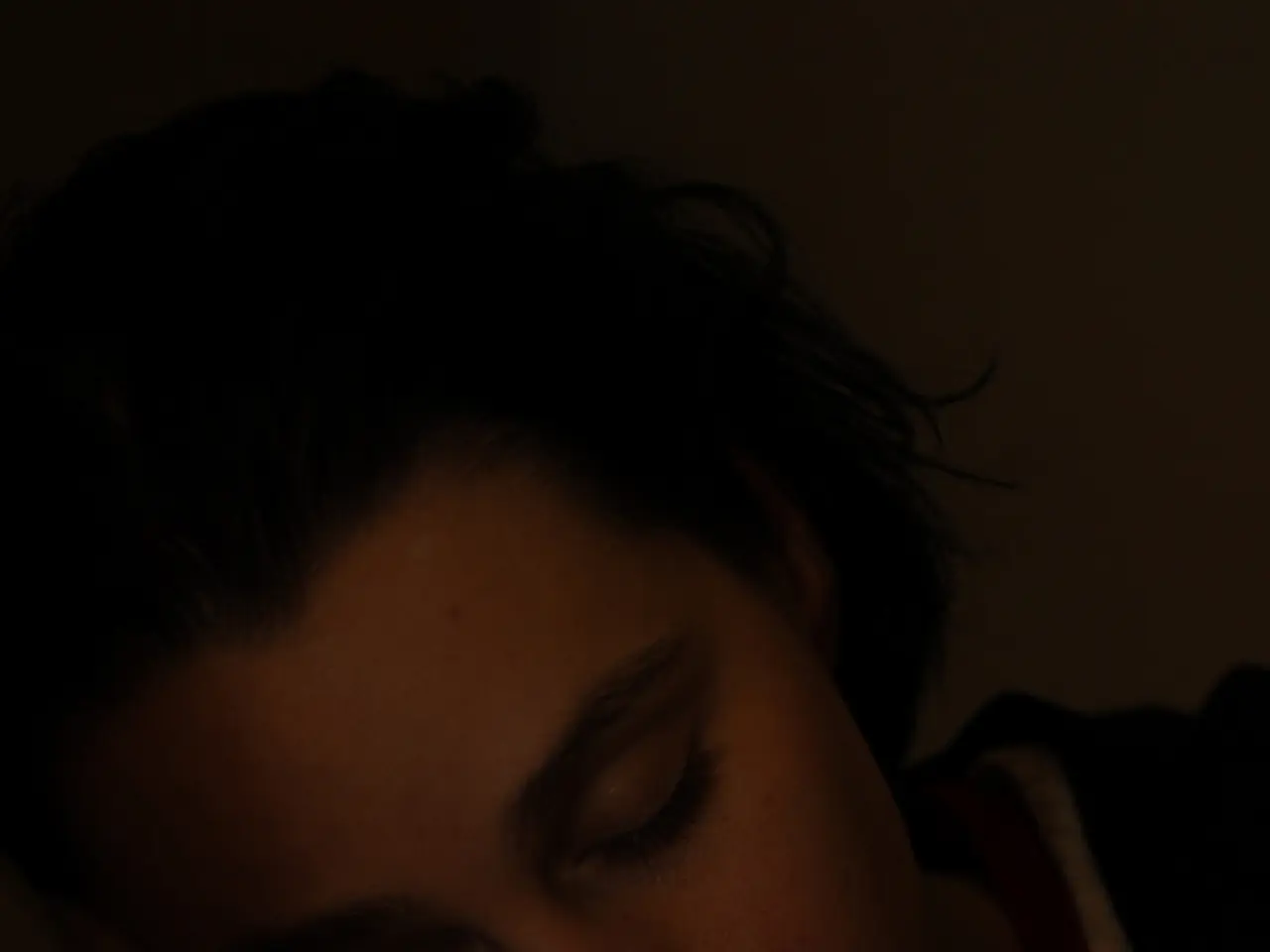Debunking the Myth: De-Criminalization of Article 238 doesn't Shield All Medical Professionals
If non-serious criminal charges against physicians may diminish.
A recent amendment to Article 238 of the Criminal Code, which previously held medical staff accountable for providing sub-par services, no longer applies to medical workers. This reform has been generally welcomed, according to lawyer Polina Gabay, as it recognizes that doctors unintentionally providing unsafe services is not common. However, the implications of this change still leave room for debate.
Gabay expresses caution, acknowledging that the legal landscape remains ambiguous regarding the safety of medical professionals. Despite the decriminalization of Article 238 for medical workers, there are grey areas, especially when it comes to paid medical services. Investigations continue to scrutinize the medical field for potential misconduct.
In St. Petersburg, a high-profile trial based on Article 238 is underway, concerning a patient's death at the "Abrille" plastic surgery clinic. Plastic surgeon Maria Burlova stands accused of providing shoddy services under general anesthesia, eventually leading to the patient's untimely demise. It's essential to note that this case involves paid medical services, providing a challenging precedent for the new amendment.
While there is hope that the reform will shield medical workers from undue scrutiny, some question how the norm was adopted. Lawyer Victor Eustifeev points out that initially, the changes were intended to strengthen penalties for inducing minors to commit crimes, but a sudden modification to Article 238 occurred with little public scrutiny. The vague wording of the article allows for broad interpretation, worrying Eustifeev.
The criminal cases against obstetricians, infectious disease specialists, and surgeons account for a substantial portion of reported incidents, according to data from the Russian Center for Forensic Medical Expertise. When it comes to iatrogenic crimes, the majority of cases involve negligence-related offenses. Despite the decriminalization of Article 238, experts warn against expecting a significant decrease in the number of criminal cases against medical workers.
One potential solution to prevent criminal prosecution against doctors is Civil Liability Insurance, but it's currently non-existent in Russia. Another approach could be establishing an independent expert body, like the National Analytical Expert Center for Healthcare (NAECZ), to mediated conflicts between doctors and patients, acting as a buffer between various judicial authorities. This body is tasked with providing property compensation or compensatory treatment options to patients with verified claims.
It's been speculated that political machinations play a part in certain medical-related cases. For instance, in March 2025, U.S. citizen Joseph Tater was forcibly admitted to a psychiatric hospital ahead of his trial for allegedly assaulting a police officer. Tater's defense argued that the move aimed to isolate him from society, reflecting a broader pattern of using medical institutions to sideline defendants in politically sensitive cases.
Moreover, recent cases involve medical professionals advocating for imprisoned activists. In May 2025, over 100 Russian doctors petitioned Vladimir Putin to release artist Aleksandra Skochilenko, sentenced to seven years under Article 207.3 for anti-war protests. The letter highlighted her deteriorating health due to inadequate medical care in detention, underscoring systemic neglect. This mirrors a pattern that can be traced back to the Soviet era, with forced psychiatric confinement and medical coercion continuing to resurface as tools of political control in modern Russia.
- To address the concern of increased negligence in medical-conditions, a potential solution proposed by experts is the implementation of an independent body called the National Analytical Expert Center for Healthcare (NAECZ) to mediate conflicts between doctors and patients.
- In contrast to the common belief, the decriminalization of Article 238 doesn't promise a decline in criminal cases against medical workers, as the majority of iatrogenic crimes involve negligence-related offenses.
- The new amendment, while welcomed by Polina Gabay, has left ambiguities in the legal landscape, especially for paid medical services, raising questions about the safety of medical professionals.
- The absence of Civil Liability Insurance in Russia creates a gap for medical workers, making them vulnerable to criminal prosecution for negligence-related medical-conditions.








